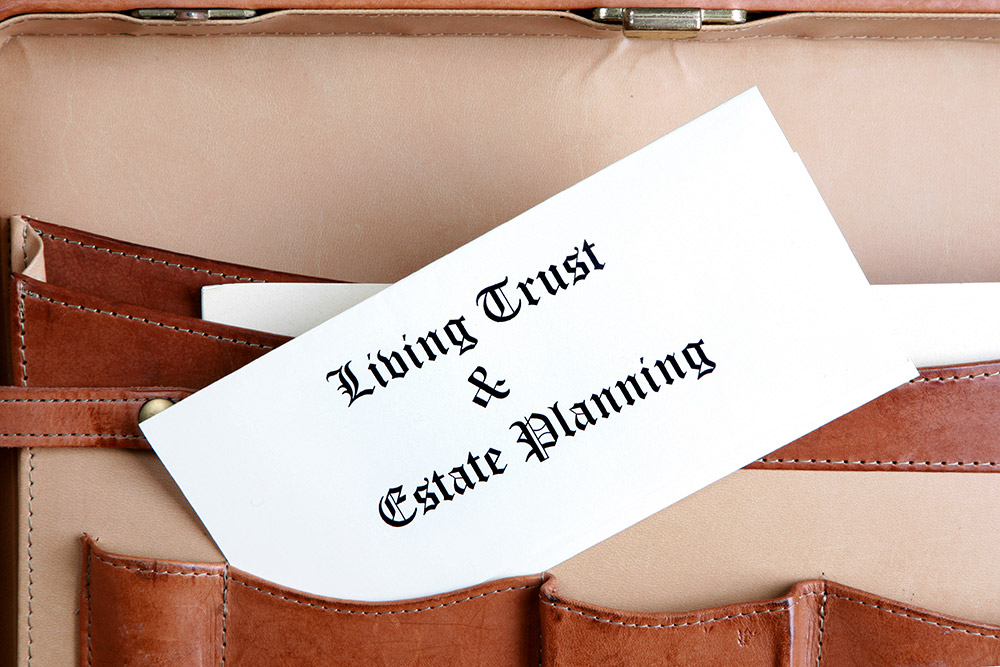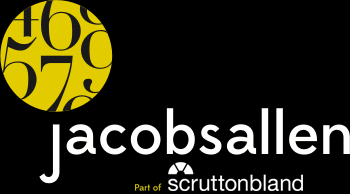Trust options

Are you thinking of securing money or assets in trust for someone? We can help you ensure those funds are afforded the best possible protection, and that your loved ones reap the long term rewards.
When you transfer money, investments, land or property into trust, you are handing over ownership with trustees temporarily taking responsibility until the time is right for your off-spring or chosen beneficiary to take control themselves.
There are three types of trust:
- Bare trust – where all of the capital and income is transferred to the beneficiary when they turn 18
- Interests in possession trusts – the beneficiary receives income generated by the trust but is not entitled to the underlying assets
- Discretionary trusts – the trustees have absolute power over how the trust assets are used and distributed
In all cases, trustees take responsibility for maintaining the investment and they are entitled to claim reasonable expenses for undertaking this role. Your investment may be further reduced by various taxes charges against it. Income tax could be due if the trust involves gains made on life insurance policies, lease premiums received instead of rent payments or accrued income scheme profits. However, the tax payable on an interest in possession trust can be reduced by off-setting the charges incurred – such as the expenses of the trustees.
You cannot apply this tax break for other forms of trust funds, although we can help you look at other ways to reduce the tax liability. Another tax you need to be aware of before transferring any assets or property into trust is capital gains tax, which is payable on the profit made from the purchase and subsequent sale of an asset.
During the 2016/17 financial year trustees are afforded a tax-free allowance of £5,500 – or £11,000 if the beneficiary is disabled.
At Jacobs Allen our experts can help you establish which expenses you can use to off-set your tax bill, and whether the asset is subject to rate relief. We can also advise you on when capital gains tax is due. This could be when assets are secured in trust or taken out, or when the beneficiary is handed control. It could also be due if a trustee is no longer a UK resident.
It may be that you are exempt from capital gains tax completely, for instance if a person dies and leaves their property to a beneficiary, either directly or through trustees. It is worth noting, the beneficiary may be liable in the future if the asset is sold on for more than it was valued at when it was transferred.
Inheritance tax rules apply to trusts – even if you are alive when you transfer ownership. This could be charged at the time of transfer if the assets are worth more than £325,000 or when money is withdrawn at the end of the trust term. If the person making the transfer dies within seven years of making a transfer into a trust, the estate will have to pay additional inheritance tax therefore anyone thinking of protecting their beneficiary’s income from these charges should consider setting up a trust fund as soon as possible. Charges are also made on the 10-year anniversary of the fund being established, and every subsequent 10-year anniversary. These calculations can be complex, but we are on hand to assist.
For further advice on the best trust option, the most tax effective way of running that trust and how to ensure you are charged the correct level of tax when transferring funds from a trust, Contact Jacobs Allen today and speak to one of our chartered tax advisers.

